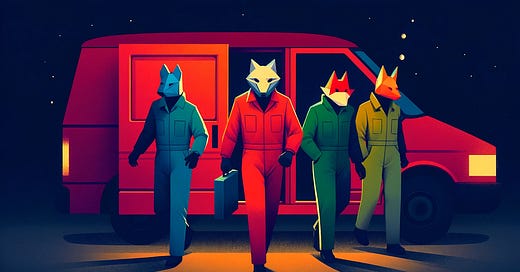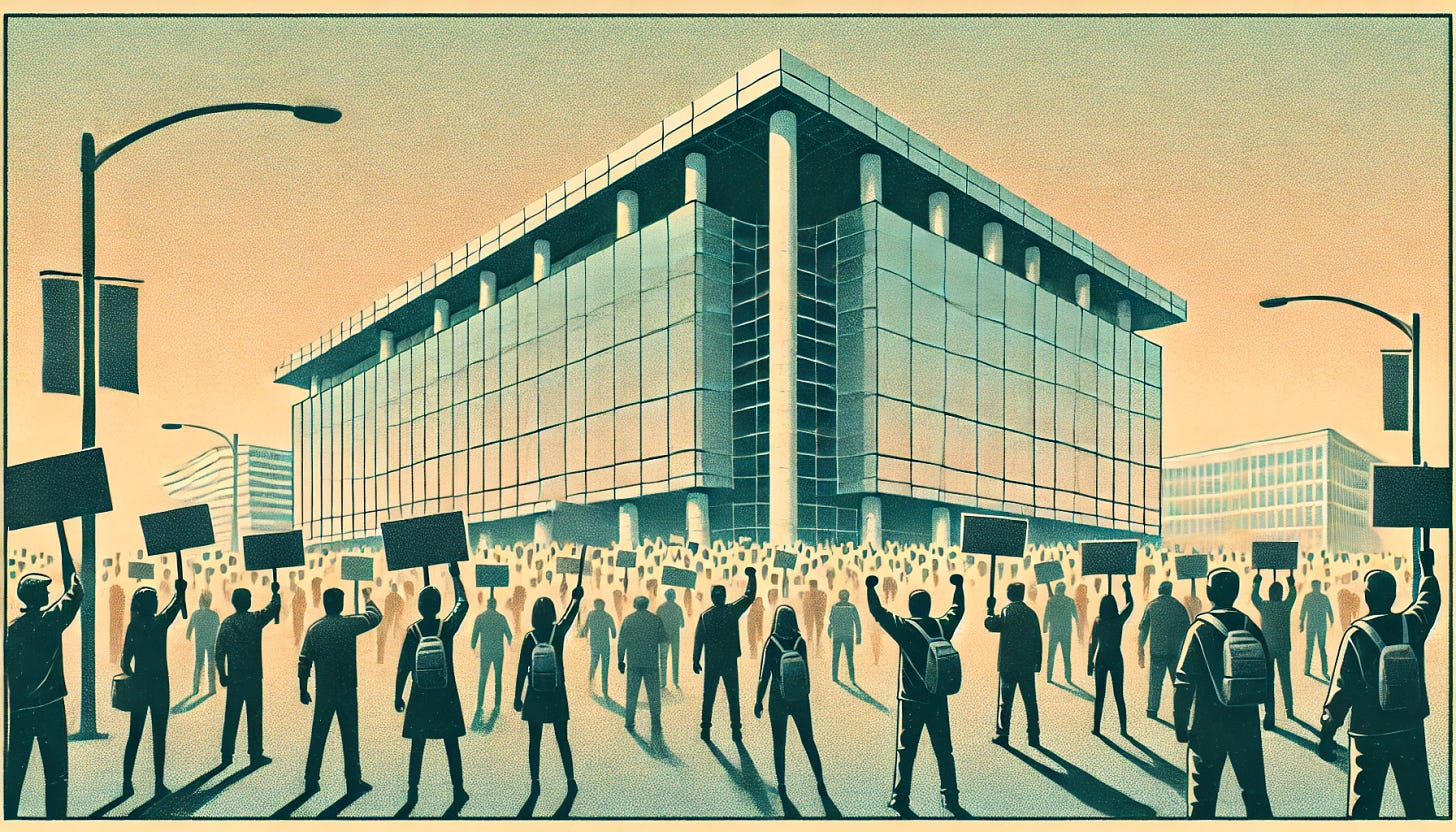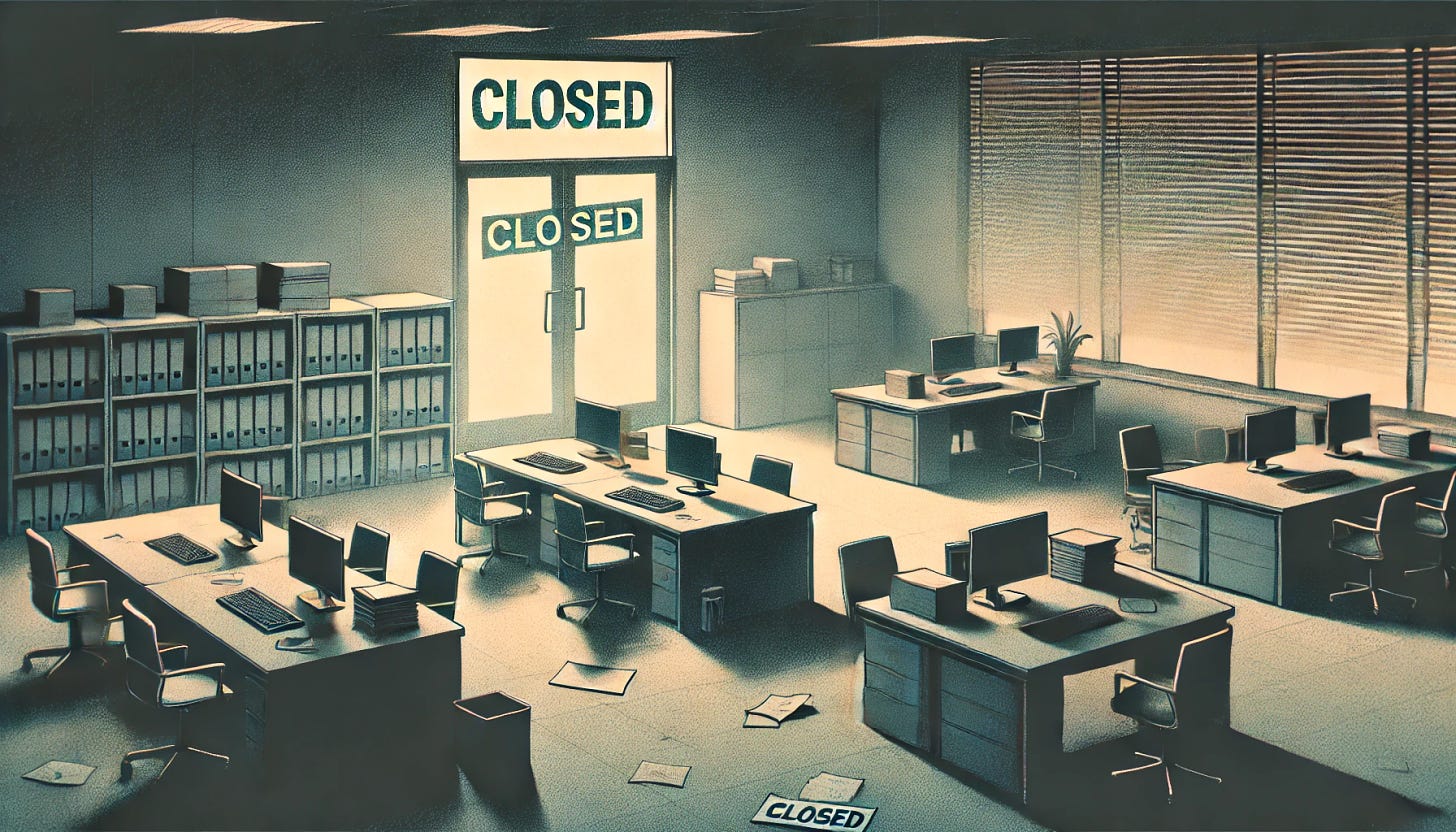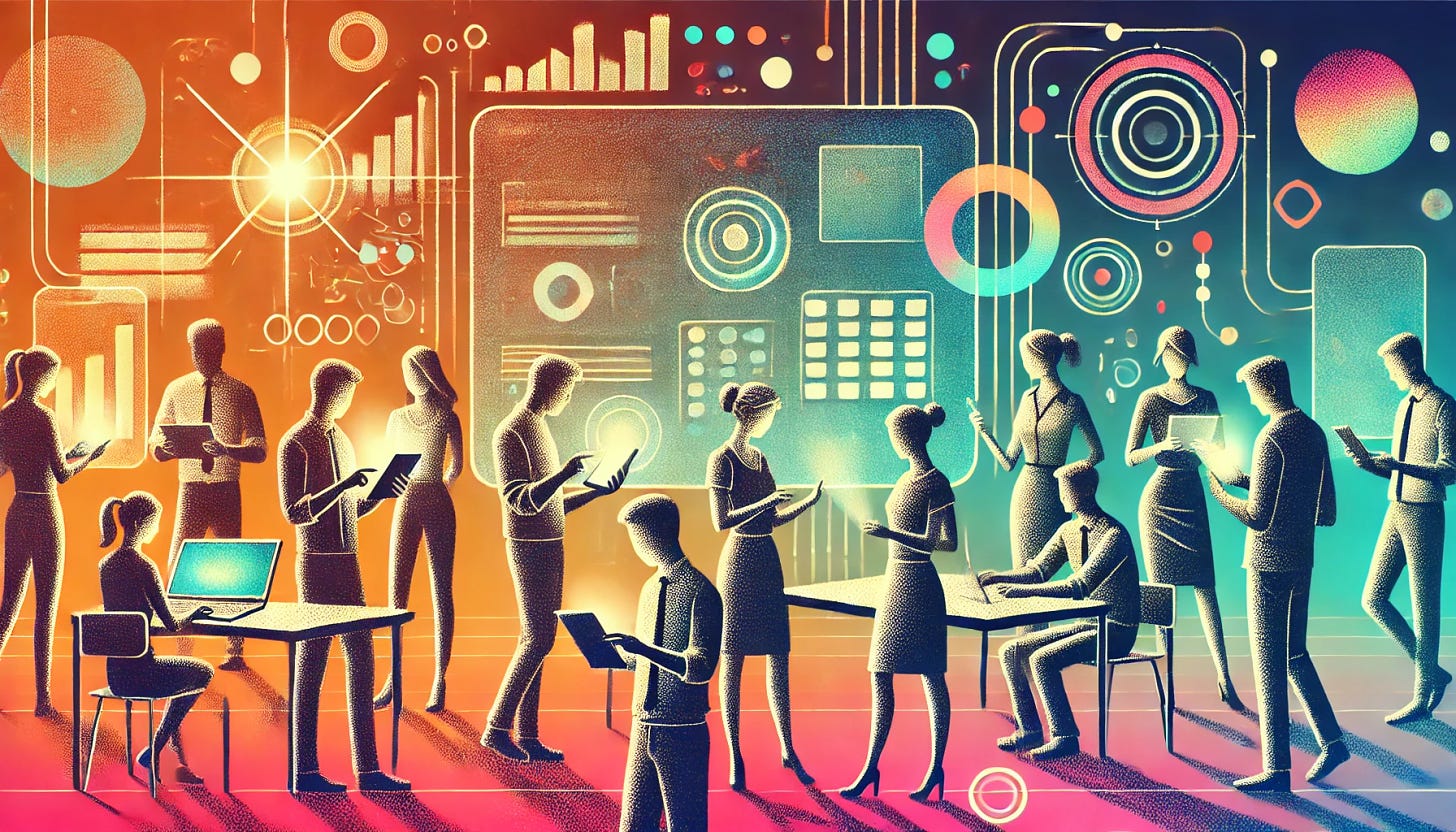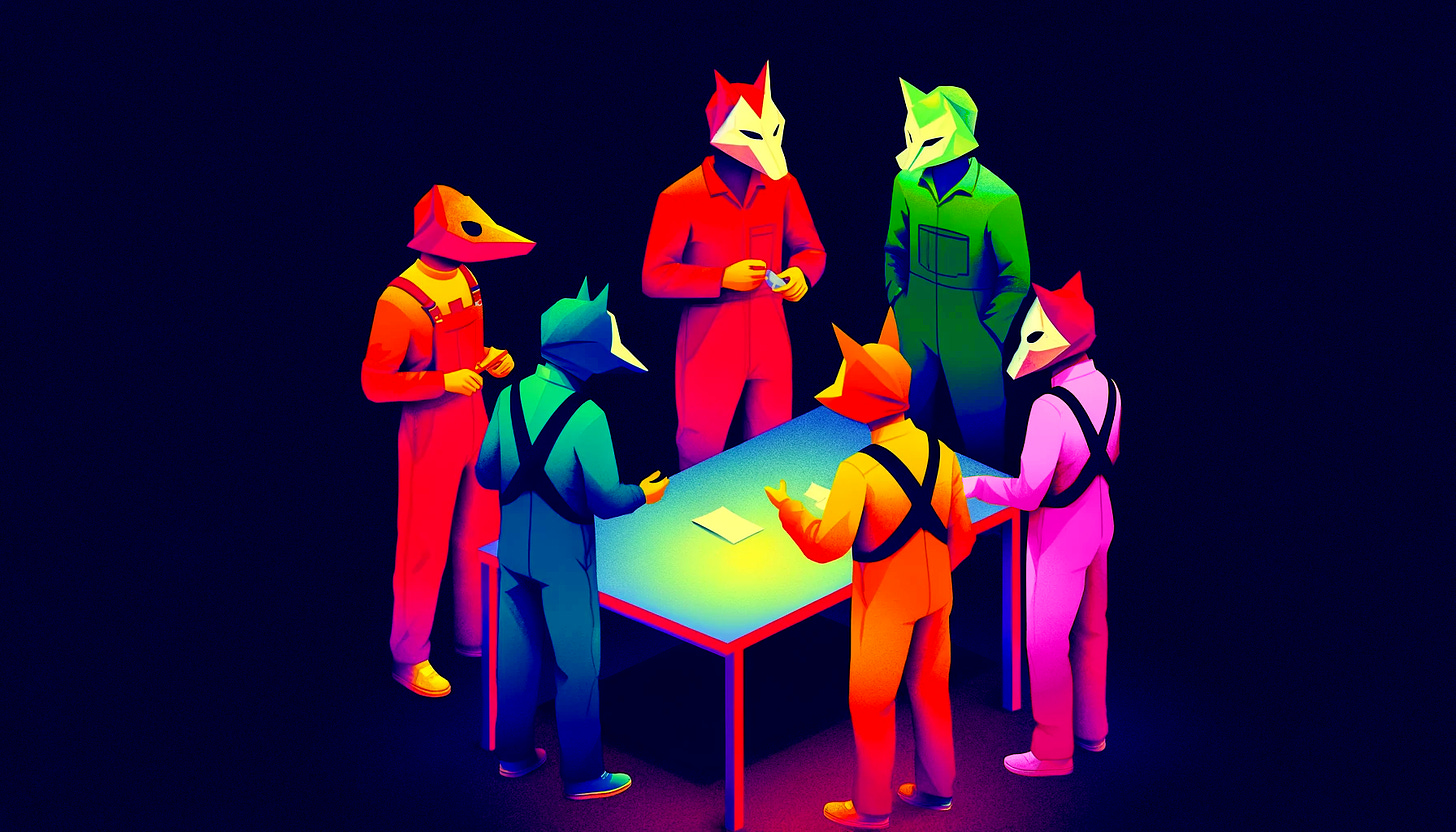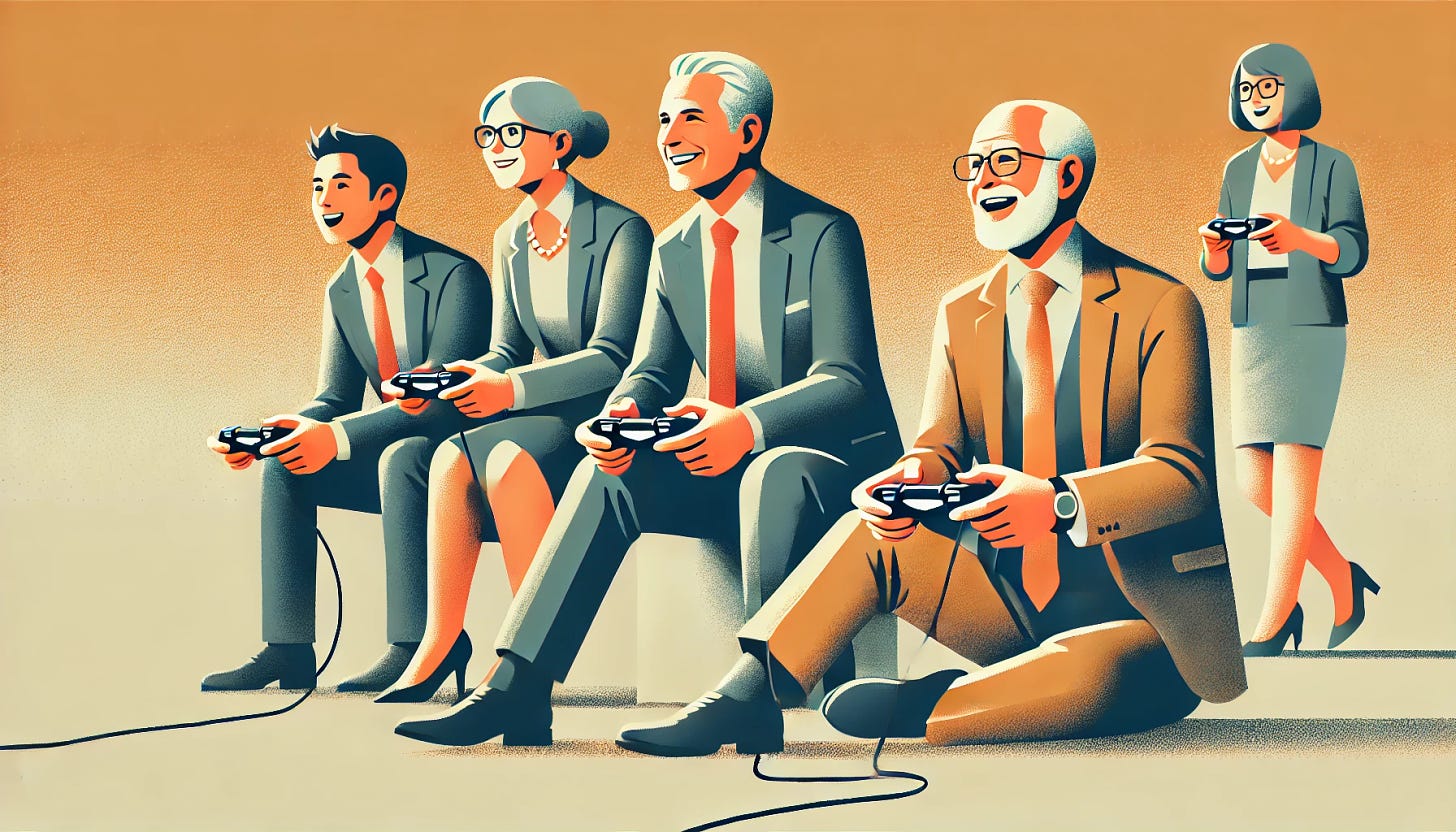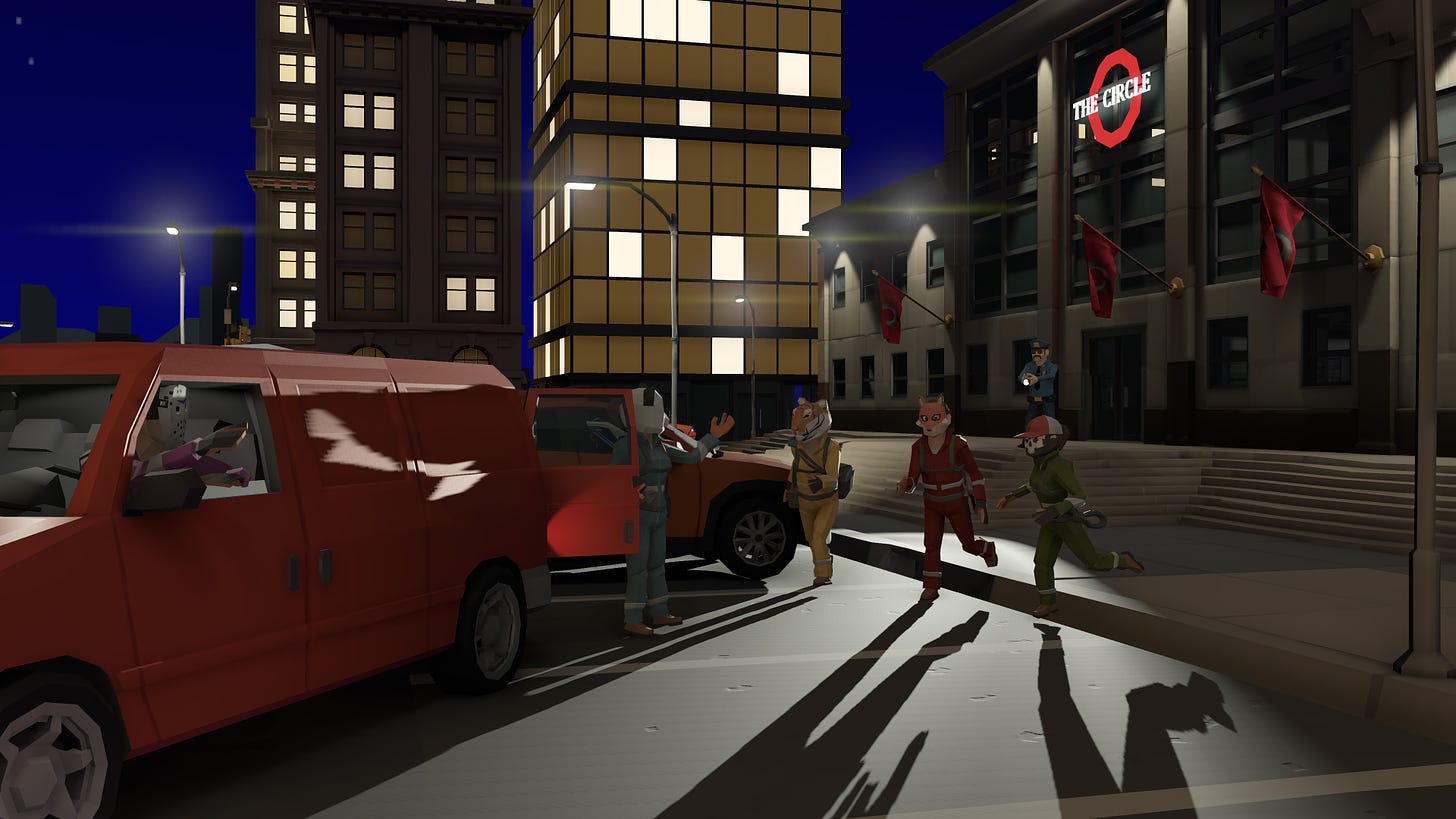“Get out of the Van”
Stories bridge theory and practice, inspiring people to learn, grow, and take charge of their futures
Our podcast series is born from the idea that facts, no matter how convincing, do not help change our performance. We live in a post-truth age where meaningful narratives are king. Stories shape reality.
Our experience is defined by disruption and impermanence, operating at the speed of light. We are being drowned in a tsunami of change. The emotional climate at all levels is one of fear, and at times, sheer desperation. Quite frankly, with geopolitics knocking on your door, it is a wonder that people still step out and continue to live their lives.
Our faith in institutions is at an all-time low, and our trust in leadership teams and managers is equally at rock bottom. Gallup’s research on people — especially engagement — has constantly shown this to be true, and that this is a worldwide issue. Organizational distrust is hierarchically distributed: the lower you go, the greater the distrust, and it has been found that people would move jobs in a blink of an eye if the opportunity appeared. People actually hate their managers, viscerally.
Given that Leadership and Management training annual spend is in the multiple billions and growing, this would suggest that someone is doing something wrong somewhere. We have created vast online, interactive, blended learning content systems which have almost no effect in the real world.
How?
The blind spot is the pedagogy that drives performance and change.
What pedagogy? You might ask.
Well, it could be argued that we are still utilizing an education learning and assessment system that is not fit for purpose: utilizing hard skills training technologies to build and develop soft skills is like putting a round peg in a square hole. However, that is a lesson that the executive committees, leaders, managers, and teams, are going to learn the hard way if they don’t change direction.
Classical pedagogy is the commonly accepted form of measuring potential, and allocating job roles based on passing exams is the dominant zeitgeist. You are not going to change this system. Errors are minimized, and mistakes can be career-ending.
Do you see the problem?
Soft skills are about risk-taking and stepping out of comfort zones; collaborating, teamwork and engagement and require a sense of shared purpose and meaning; your mindset and culture are entwined inextricably. As one very senior partner of ours said, executives teams are living in a mental model that is more than 30 years out of date. If there is no history of training in power skills… well, where do you begin?
What you can do is create a new space
Open a new window into leadership and teamwork performance through coming at the issue from an entirely different direction: the world of video games and team simulations, which require people to really put their soft skills into action to reach the objectives.
Video games no longer require missionary work to explain the benefits and value of using virtual simulations to train and build skills, just look at the remarkable applications of these immersive technologies in the military, medicine, and aviation. And keep in mind how COVID-19 accelerated our cultural ability to utilize new technologies across the board, and digital skills advanced by 15+ years in less than 2 years.
Data is the infrastructure of today’s organizations, it is the foundation of decision-making, driving strategy, and almost every aspect of performance. Just as physical infrastructure supports a city’s functionality, data supports an organization’s ability to innovate, adapt, and succeed, in a complex environment.
That ability to adapt is based on human-centric skills; as technology grows, counterintuitively, advanced soft skills become necessary to be agile in the face of the rapid change and chaos brought about by technological and social disruption.
We have trained many teams in virtual environments, and in our experience, with hundreds of people at all levels, from senior executives to the shop floor, almost nobody had a clue about how to operate as a team. All the theory, all the years in business, all the advanced educational qualifications, did not equip them to work together and solve problems collectively; they are steeped in theory, but lost in practice.
The job of the simulation is to help people unearth their dormant collaboration skills and work together to beat the simulation. We have seen teams and leaders grow in as little as 4 sessions. With coaching and feedback built in to the learning process, peer to peer learning and Socratic coaching methods work. Making a learning experience, fun, challenging, exciting and practical really works.
We have built a workflow, a game flow, that requires both data fluency skills and advanced soft skills — or, as is becomingly rebranded, powerskills, for obvious reasons — to beat the game. Think about the yin-yang metaphor! It represents the complementary and interconnected nature of power skills and data fluency. If you can’t communicate, collaborate and challenge the data you are working from, then it doesn’t matter how data literate you are. Equally, if you can’t understand the data you are working with, then you may be the best communicator in the world, but it is still as much use as a chocolate fireguard. Problem-solving, creative thinking, critical analysis, prototyping, and innovative strategies, need to lean in to this metaphor.
The biggest gap in learning development is the disconnection between pedagogy and results. Building training programs that equip teams to successfully face the future is a major challenge. Our role in creating our podcast is to help teams become aware of the advantages of immersive training, as, in turn, this will help organizations develop the behavioral foundation and culture to remain agile and adaptive. In essence, it’s about bringing different stakeholders together and creating a multidisciplinary content approach to solving the problem of data fluency and powerskills for teams and leaders.
In CinQ, our teamwork & leadership simulation, everyone begins in the command van, armed with a tablet and a bunch of briefing documents. We have had teams of topmost consultants — and I mean top — who have sat in the van and never moved an inch. They created PowerPoint slides and spreadsheets of the information at their hand, but no one would take action. Too scary. As one of our senior marketing colleagues puts it, “you have to just get out of the van!” Our job is to create content that helps people, teams, and organizations, learn to make these steps. It’s not about mapping an overarching theory, it’s about how to help the team overcome its learning obstacles and win.
That’s what teams do?
You are asking why?
It’s about challenging fixed mindsets. And most of all, helping people deal with the fear of change. Overcoming uncertainty to embrace experimentation and managing and controlling self-doubt so that it doesn’t make you freeze up… because that’s what happens in that van.
“Action talks, bullshit walks.”
You have to learn by doing.
We have created an education system that worships intellect (words, numbers, language) over skills (the expertise, the ability to do stuff).
Still, you have to learn to grow. I can guarantee that if you have spent your time learning to reify words, then when it comes to practice, in the real world, you will be as much use as a one-legged man in a butt-kicking contest.
Get out of the Van… your future depends on it.
DISCLAIMER: This article was written by a human.


